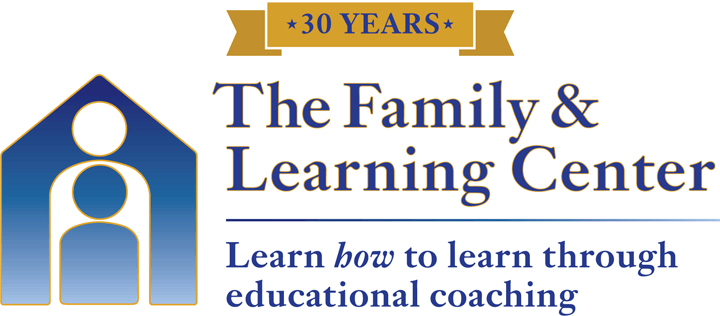None of us enjoy failing. We put a lot of energy into looking and feeling successful every day, and our moments of success motivate us to keep working hard. At the same time, it is impossible to learn without making mistakes, which is why having a growth mindset is essential for progress. Successful people embrace mistakes and use them as opportunities to learn something new.
New Skills Require Practice

One of the best ways to build learning opportunities into our studying is retrieval practice. Research tells us that retrieval practice, also known as recall, helps us transfer information from short term to long term memory after we are introduced to a new concept.
Instinctively we know that learning a new skill requires practice, not just observation. Watching the World Series does not turn anyone into an MLB All Star. Any young baseball player knows that he is much more likely to improve his batting average by working hard at baseball practice and putting in extra time at the batting cages.
Academic skills similarly benefit from consistent practice. Many students miss out on opportunities to apply retrieval practice because they look at their notes or find an example before trying to recall information on their own. They should flip the order.
Recall the information, and then check it. By taking one extra moment to practice finding information in their own mind, students can strengthen the neural pathways connected to that knowledge. Even if they remember the concept incorrectly, retrieval practice helps them better remember it correctly in the long run.
How to Do Retrieval Practice
Retrieval practice can feel hard because it leads to mistakes, but setting it up is easy.
Students can tell someone a summary of what they learned in class that day and then double check their notes to see if they recalled the most important details. They can draw a quick visual summary. They can review the main ideas and quiz themselves on the details using Cornell style notes. They can try answering textbook questions from memory before finding the answer in the text. They can use flashcards, create concept maps, or just write out everything they know about a topic. The important part is that they recall the information first and then check their work.

[…] end of the school year is filled with tests. Replacing ineffective study methods with effective ones can go a long way towards successful results, but sometimes it’s not quite enough. The way you […]
[…] these activities help them link the new vocabulary to what they already know, which leads to easier recall and independent […]
[…] this all starts with back to school organization. If they use their lecture notes to check their recall of information and set up flashcards with vocabulary terms, they are usually prepared for their first tests and […]